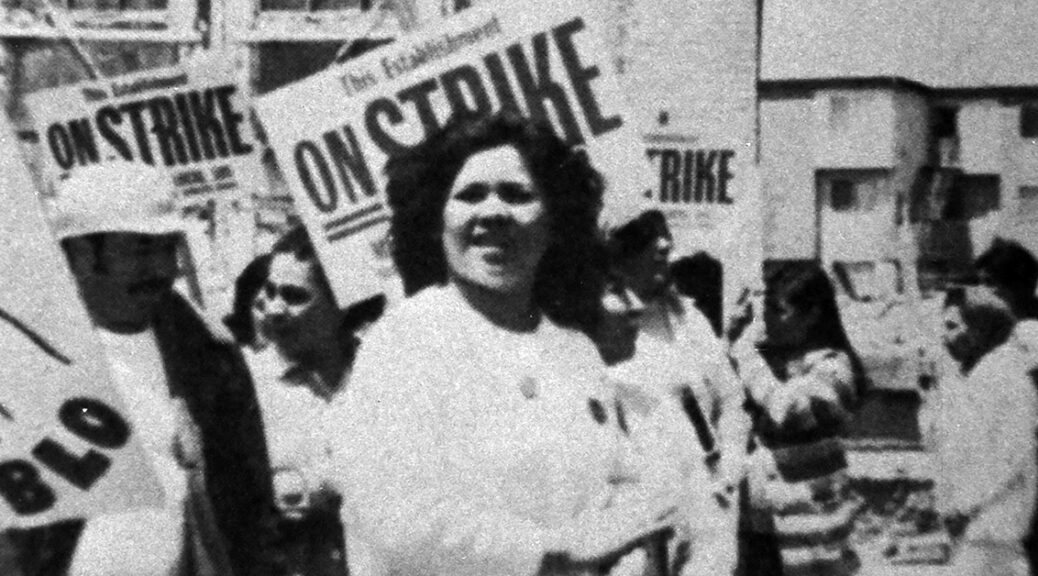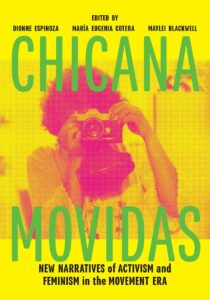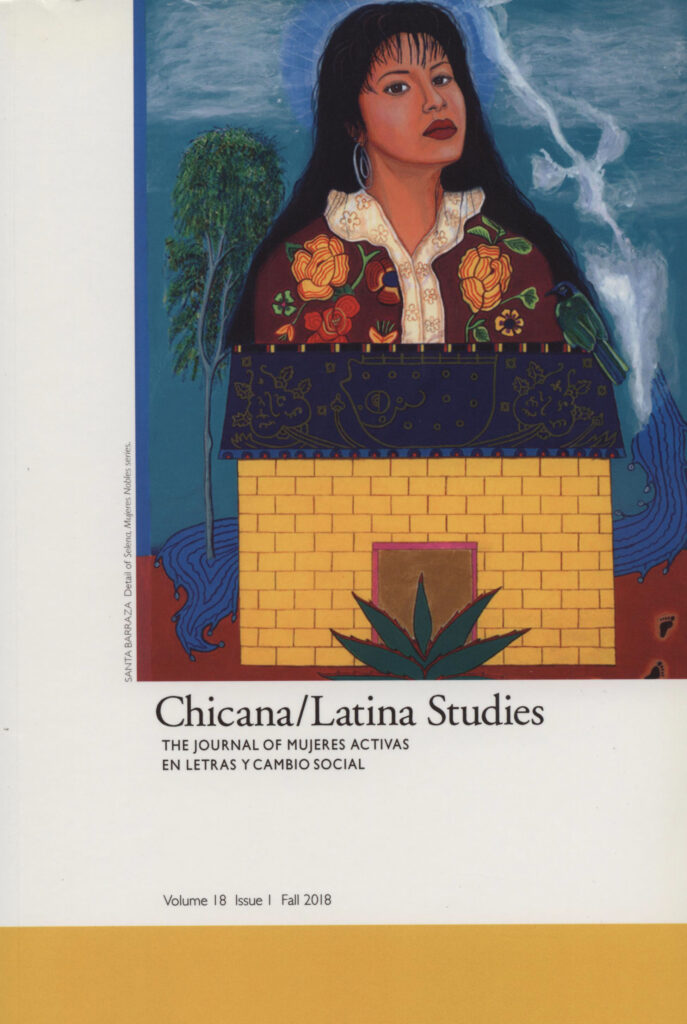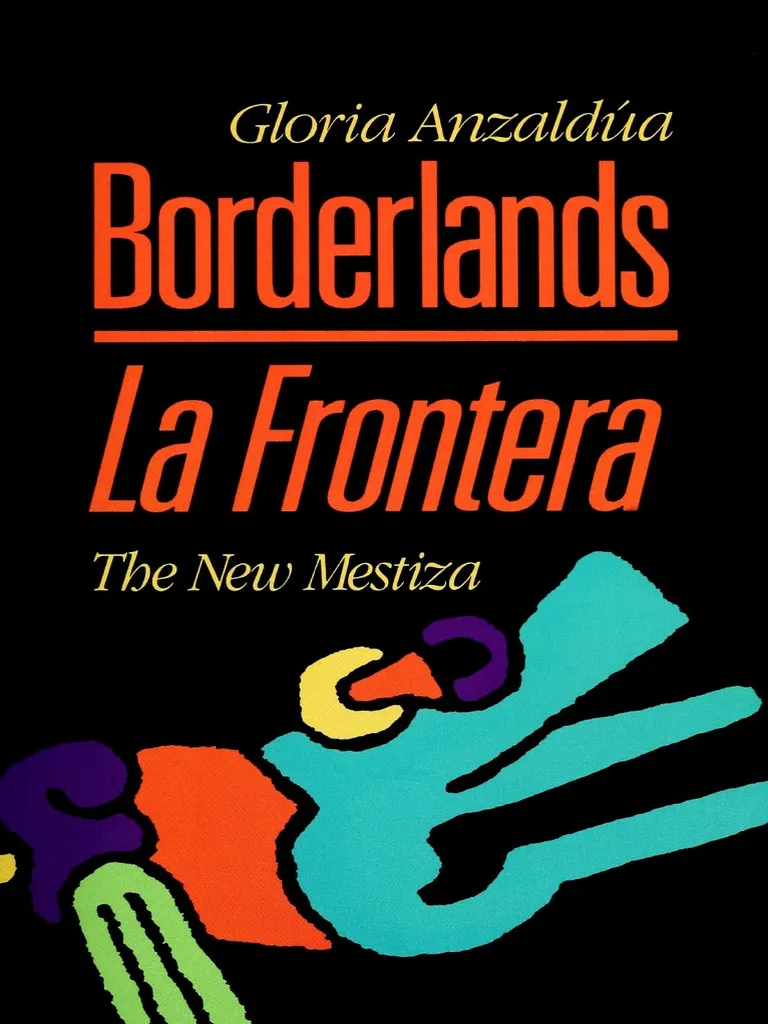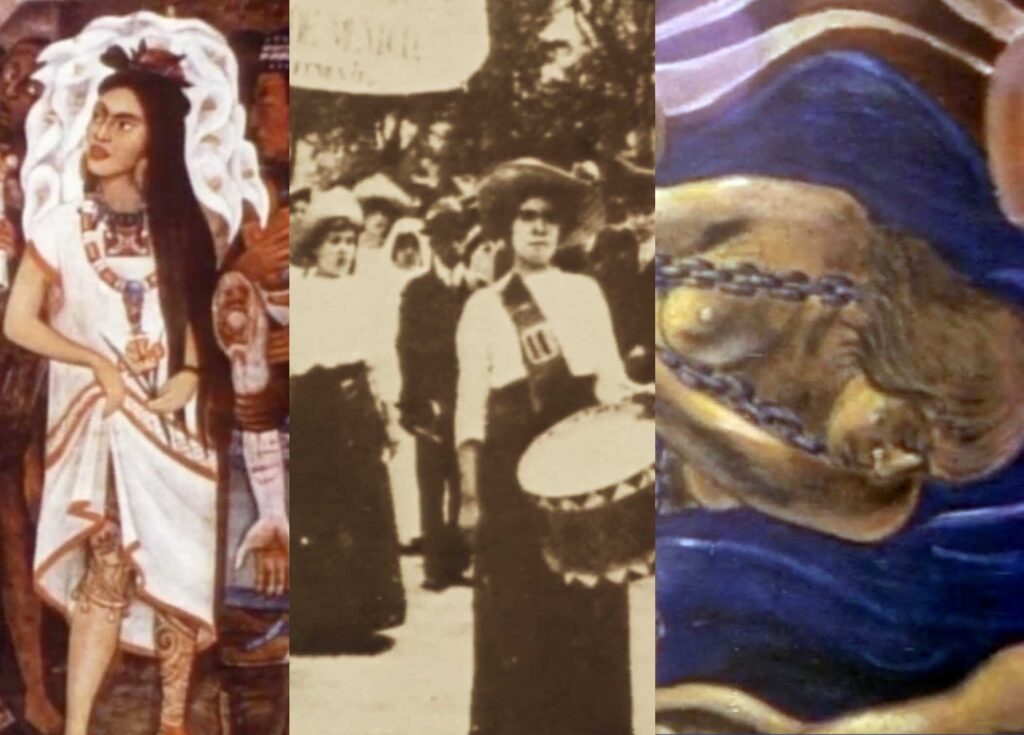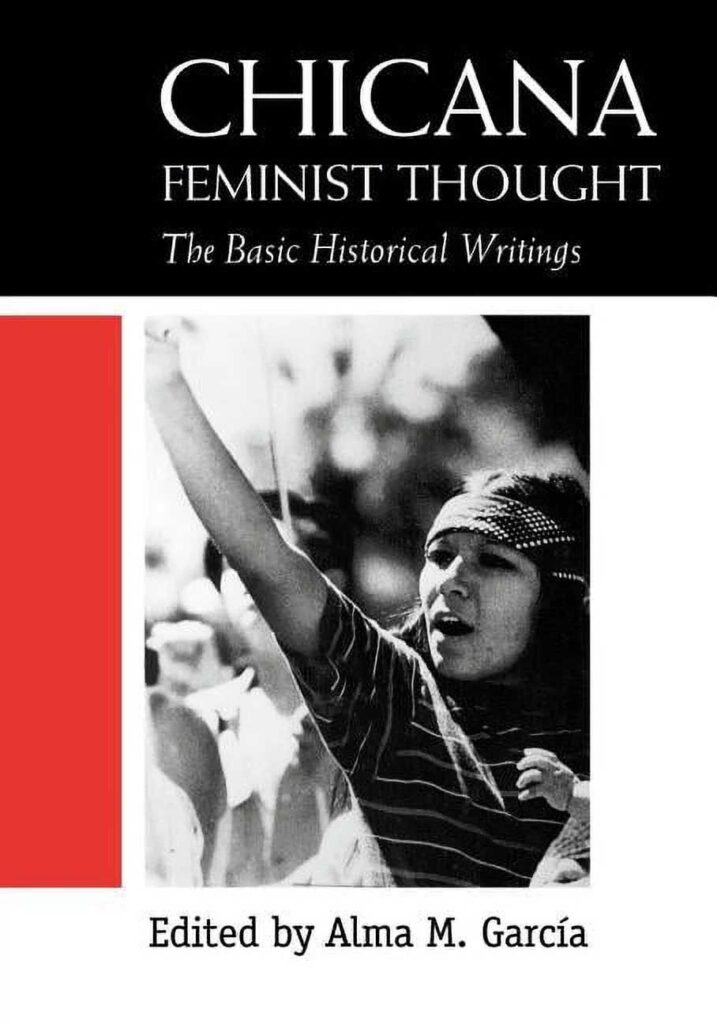Women’s History Month is an opportune time to reflect on the multifaceted contributions of women, especially those from diverse cultural backgrounds. In recognition, we turn our attention to the Chicana community and the rich resources available at the University of Texas Libraries – and especially the Benson Latin American Collection – that celebrate and document their stories.
At the heart of Chicana history lies a narrative of resilience and resistance. From the Chicano Movement of the 1960s and 70s to contemporary social justice initiatives, Chicana women have been instrumental in advocating for change. The Libraries’ collections include seminal works and primary sources that shed light on Chicana activism, identity formation, and community organizing. Researchers and enthusiasts alike can access documents, oral histories, and archival materials that capture the spirit of Chicana activism across different eras.
The Libraries boast a rich assortment of Chicana literature, from classic works by luminaries such as Gloria Anzaldúa and Sandra Cisneros to contemporary voices pushing boundaries and redefining genres. The Libraries’ catalog offers an extensive selection of Chicana-authored works – including poetry, fiction, or scholarly analysis – that illuminate the complexities of identity, migration, and belonging.
The visual and performing arts are integral to Chicana cultural expression, offering mediums through which artists challenge stereotypes, reclaim narratives, and celebrate heritage. Libraries’ resources include an impressive collection of visual art, photography, and performance documentation that capture the vibrancy and diversity of Chicana artistic production. From iconic murals to groundbreaking performances, these materials provide insight into the evolution of Chicana artistry and its intersections with politics, feminism, and cultural heritage.
In addition to physical holdings, the Libraries offers an array of digital archives and special collections that provide convenient access to rare and unique materials. Through digitization initiatives, scholars and enthusiasts worldwide can explore manuscripts, photographs, and ephemera related to Chicana history and culture. These digital resources not only preserve valuable artifacts but also facilitate research, teaching, and community engagement initiatives that promote awareness and understanding of Chicana experiences.
Here are some examples from the extensive holdings at the Libraries and the Benson Latin American Collection:
Chicana Movidas: New Narratives of Activism and Feminism in the Movement Era by Maylei Blackwell: This groundbreaking book examines the contributions of Chicana activists during the civil rights and feminist movements of the 1960s and 1970s. Drawing from oral histories and archival research, Blackwell sheds light on the often-overlooked role of Chicana women in shaping social and political change.
Chicana/Latina Studies: The Journal of Mujeres Activas en Letras y Cambio Social (MALCS): This peer-reviewed journal focuses on the scholarly study of Chicana and Latina experiences. It publishes research articles, creative writing, book reviews, and more, reflecting the diverse voices and perspectives within the Chicana/o community.
Borderlands/La Frontera: The New Mestiza by Gloria Anzaldúa: An iconic work in Chicana feminist literature, Anzaldúa’s Borderlands/La Frontera explores the intersection of gender, race, and culture in the borderlands between the United States and Mexico. Through prose and poetry, Anzaldúa challenges conventional notions of identity and belonging, inspiring generations of activists and scholars. The Benson holds Anzaldúa’s archive, so curious scholars can see the author’s process at work from original manuscripts and source materials.
Chicana Archival Collections: The Benson Latin American Collection stands as a repository of invaluable Chicana primary resources, preserving the rich cultural tapestry and narratives of Chicana individuals. Within its holdings, iconic figures contribute distinct threads to the vibrant mosaic of Chicana heritage. Gloria Anzaldúa’s groundbreaking works challenge societal boundaries and explore the complex intersections of identity. Yolanda Alaniz’s activism and writings on feminism and Chicana identity serve as testament to the resilience and agency of Chicana women. Carmen Tafolla’s poetry and prose capture the spirit and struggles of Chicana life, while Carmen Lomas Garza’s art vividly depicts everyday scenes infused with cultural symbolism and familial warmth. These examples provide a mere cross-section of the rich Chicana holdings available to researchers and the curious alike.
Chicano Database: This comprehensive bibliographic index covers Chicano and Latino topics, including art, education, history, literature, and more. It includes citations to articles, books, book chapters, and conference papers, making it an invaluable resource for conducting research on Chicana studies.
Chicana: This documentary by Sylvia Morales traces the history of Chicana and Mexican women from pre-Columbian times to the present. It covers women’s role in Aztec society, their participation in the 1810 struggle for Mexican independence, their involvement in the US labor strikes in 1872, their contributions to the 1910 Mexican revolution and their leadership in contemporary civil rights causes, and shows how women, despite their poverty, have become an active and vocal part of the political and work life in both Mexico and the United States.
Chicana Feminist Thought: The Basic Historical Writings edited by Alma M. Garcia: This anthology brings together key writings by Chicana feminists, spanning from the early days of the Chicano movement to the present day. Covering topics such as reproductive rights, immigration, and intersectionality, these essays and manifestos offer essential insights into Chicana feminist thought.
Whether you’re a student, scholar, or simply interested in learning more about Chicana history and culture, these materials offer a rich and diverse perspective on the contributions of Chicana women to our society.
As we commemorate Women’s History Month, let us honor the legacy of Chicana women by delving into their stories, amplifying their voices, and recognizing their enduring contributions to society. Through the resources available at the University of Texas Libraries, we have the opportunity to deepen our understanding of Chicana history, culture, and activism, ensuring that their narratives continue to inspire and empower future generations.

